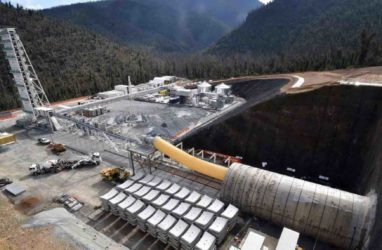The Trump administration's abrupt halt to Orsted's Revolution Wind project, citing national security concerns, has revealed significant vulnerabilities in its anti-renewable energy stance. The Bureau of Ocean Energy Management's (BOEM) one-paragraph rationale for the stop-work order lacked substantive evidence, prompting Orsted to challenge the decision in court. The company argued that the administration's actions violated the Administrative Procedures Act, risking over $1 billion in potential losses due to strict project timelines and contractual obligations. As the legal battle unfolded, state attorneys general joined Orsted, emphasizing the urgency of the situation and the financial stakes involved, which highlighted the broader implications for renewable energy development in the face of governmental pushback.
The court's eventual decision to lift the stop-work order underscored the inadequacy of the Trump administration's national security claims. Orsted's legal team effectively countered the government's assertions with evidence of prior approvals and ongoing compliance with regulatory requirements. Testimonies from company officials indicated that military concerns had been addressed well before the halt, contradicting the administration's narrative. This case not only reinforces the importance of rigorous regulatory processes in offshore wind development but also signals a potential shift in the balance of power, empowering renewable energy companies to contest arbitrary governmental actions. The outcome may embolden further challenges against similar policies, fostering a more favorable environment for renewable energy initiatives moving forward.







